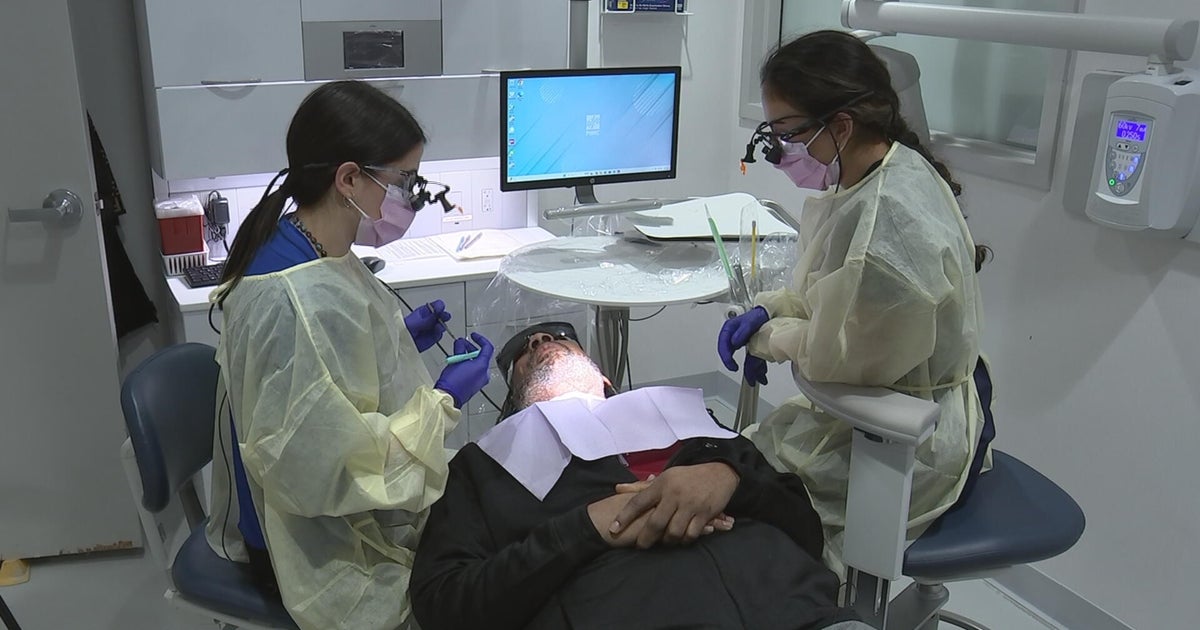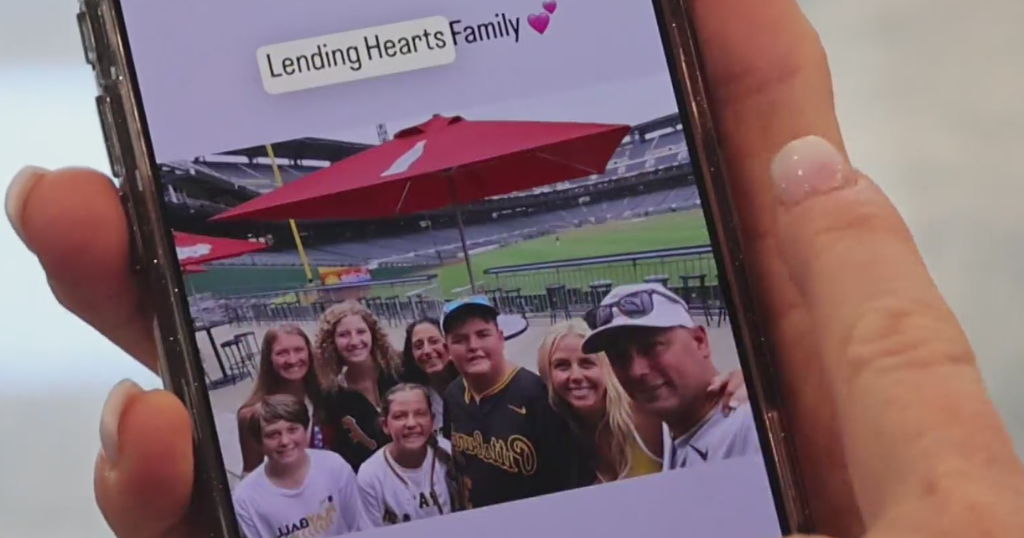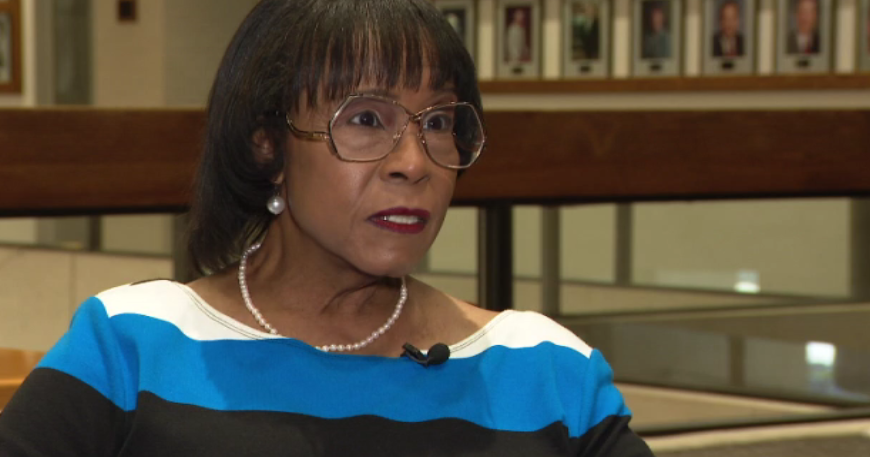Study: Creativity, Mental Illness Linked; Writers 50 Percent More Likely To Commit Suicide
WASHINGTON (CBS DC) – Mental illness may provide many with a creative look on life.
Confirming a long-standing cliché about moody artists and others working in creative profession, a new study looks at those most likely to receive treatment for mental illness.
"If one takes the view that certain phenomena associated with the patient's illness are beneficial, it opens the way for a new approach to treatment," he told Science Daily. "In that case, the doctor and patient must come to an agreement on what is to be treated, and at what cost. In psychiatry and medicine generally there has been a tradition to see the disease in black-and-white terms and to endeavor to treat the patient by removing everything regarded as morbid."
But many question whether creative professionals are actually sicker than the general population, or if it is their unique way of viewing the world just getting confused for a disease.
Last year, the same team research team showed that artists and scientists were more common in families where bipolar disorder and schizophrenia is present, according to Science Daily. This latest study expands on that finding by looking at more psychiatric diagnoses — such as depression, anxiety syndrome, alcohol abuse, drug abuse, autism, ADHD, anorexia nervosa and suicide.
The study tracked 1.2 million patients and found that those working in creative professions were more likely to be treated for a mental illness or come from a family with a history of mental illness.
Writers were especially common among most of the diseases. Writers were also found to be about 50 percent more likely to commit suicide than the general population.
One expert believes that the illnesses are what set these people apart.
Expert Beth Murphy told BBC News that it's also possible that people with certain mental illnesses such as bipolar disorder may be more attracted to creative professions. "It is important that we do not romanticize people with mental health problems, who are too often portrayed as struggling creative geniuses."







